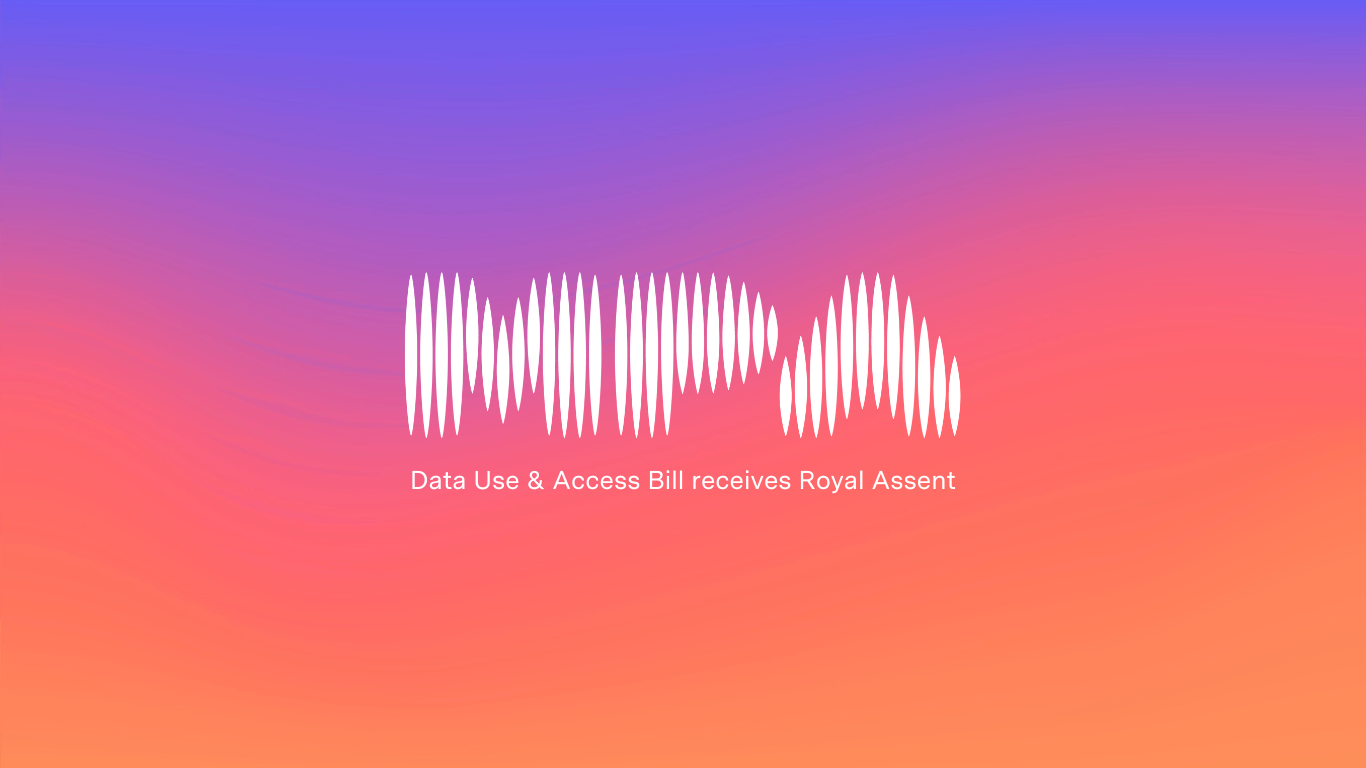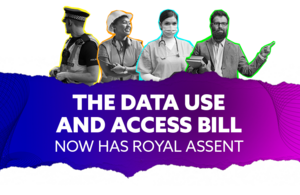Government Rejects AI Transparency Measures in Final Data Use & Access Bill

Date

The Government’s Data Use and Access Bill has received Royal Assent without the inclusion of transparency provisions for AI developers. Amendments proposing data transparency obligations were rejected in the House of Commons by 304 votes to 189.
In response to continued concerns raised in the House of Lords and by the creative industries, the government has committed to three follow-up actions:
-
New reporting requirements will be introduced to clarify how UK regulatory bodies address AI models being trained overseas.
-
The publication timeline for the economic impact assessment on a text and data mining exception for the creative industries – and related reports – has been shortened from twelve to nine months.
-
A statutory requirement will mandate the Secretary of State to provide a progress update to Parliament on both of the above measures within six months of Royal Assent.
The Creative Industries minister reiterated that the Data Bill will not alter the enforcement of existing copyright law. He also reiterated that copyright and AI-related issues would be addressed separately through the Copyright and AI consultation.
While the MPA recognised from the outset that passing the transparency amendments would be difficult, the campaign served as a strategic platform to raise the profile of our position and build both public and parliamentary momentum.
Through the campaign, the MPA have been able to:
- Secure additional meetings with the government and shadow ministers
- Strengthen industry collaboration through the Creative Rights in AI Coalition
- Expand parliamentary engagement and support
- Raise public awareness through media coverage and parliamentary questions
These efforts are already shifting the government’s narrative. The government has now publicly distanced itself from its previous preference for an “opt-out” model, stating that no preferred option is currently on the table. Both the minister and Secretary of State have acknowledged that action is necessary, clearly signalling that inaction is no longer viable. The MPA will continue to drive this agenda forward, building on the progress made.
“We are deeply disappointed by the government’s decision not to adopt the AI transparency amendments proposed by Baroness Kidron. Data transparency is not a nice-to-have; it is a necessity that enables rights holders to protect and uphold their rights. Without it, our creative industries remain vulnerable to abuse.
The government’s commitment to conduct an economic impact assessment of proposed changes to copyright law, alongside a report on the use of copyrighted works in AI development, is not a meaningful concession, nor does it address the industry’s core concerns about transparency and accountability.
We are grateful to Baroness Kidron and all the MPs and Peers who have stood up for the creative industries. While this outcome is not what we had hoped for, we are confident that our advocacy will not have been in vain. As the government prepares its response to the AI and Copyright consultation, we hope it takes stock of our industry’s concerns. This is not a clash between creativity and technology; it is a stand against the theft of human creativity.”
Share article